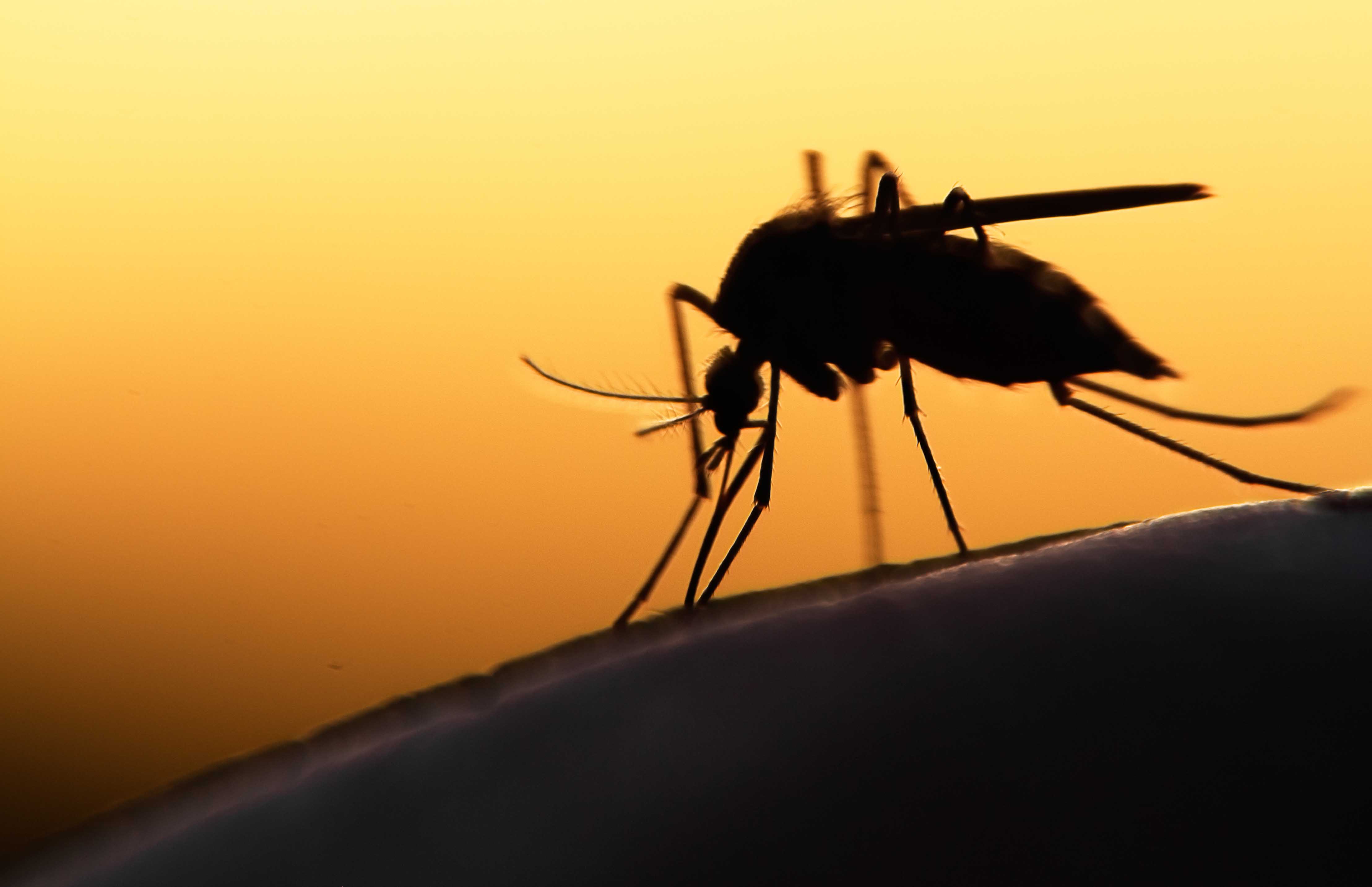Scientists Invented A Mosquito Repellent That Lasts For Over A Week
Scientists have made a massive breakthrough in the continued fight against mosquitos. While some have turned to releasing genetically modified mosquitos designed to kill off the biting females, others have looked for ways to create long-lasting mosquito repellent that is non-toxic and works better than traditional options like diethyltoluamide (DEET).
The result is a new type of repellent designed using common human skin bacteria. If research into repellent continues to yield good results, then it could provide us with a much stronger way to repel these pesky pests and the diseases that they often can pass on when they bite us.
Mosquitos, particularly females, are attracted to humans and animals thanks to a number of things like body heat, odors produced by microbes on our skin, and even carbon dioxide. To create a long-lasting mosquito repellent, scientists began looking for ways to address these attractors and turn them against the mosquitos instead.

One of the microbes mosquitos are attracted to, called L-(t)-lactic acid, is a compound released by certain skin bacteria, and it can attract mosquitos quite effectively. However, scientists discovered that if you can get the skin to produce significantly less L-(t)-lactic acid, then you can reduce mosquito attraction.
In fact, the researchers found that when applying the engineered bacteria to the skin, it actually reduced mosquito attraction by 64.4 percent starting three days after application. The effect also lasted up to 11 days, making it a long-lasting mosquito repellent, especially compared to DEET and other traditional options.
The bacteria also offers some other positives—like the fact that it is non-toxic, unlike traditional options like DEET, which can actually be bad for animals it is used around. A study on the new repellent is published in PNAS Nexus, and it shows that genetically engineered bacteria could help us provide safer and more reliable ways to repel mosquitos.
